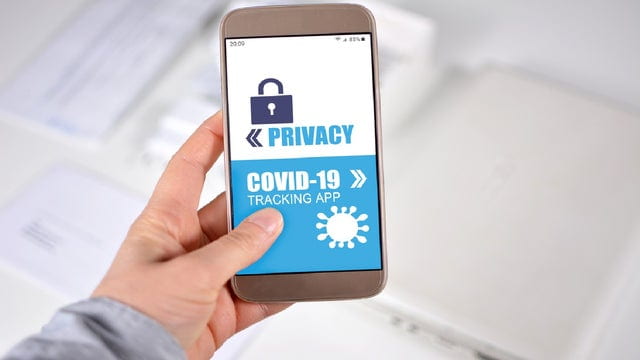Aug. 25, Jo Guldi and Macabe Keliher, history professors at SMU Dallas, for a piece advocating that the U.S. emulate Taiwan by devising a way for the government to access location data to alert citizens during emergencies or during efforts to mitigate infection spread during a pandemic. Published in The Hill and MSN: https://bit.ly/2QqGptt https://bit.ly/34A65w8
Most Americans await a vaccine to end the pandemic and get us back to work. But the drama about vaccines and masks has obscured a practical answer to ending the pandemic that has already worked in other parts of the world, and which could end the pandemic across the U.S. in only a month, at minimal cost: contact tracing. Contact tracing means entrusting government representatives or corporations with intimate data about individuals’ locations and creating a potentially sensitive repository of information about citizens. That data can save lives — but it will only come into being if Americans trust the system for managing that data.
American cities and states have mainly opted to avoid contact tracing and the shortcut out of the pandemic that it offers. The ostensible reason offered is American’s concern about data privacy, which is both legitimate and important. . .



